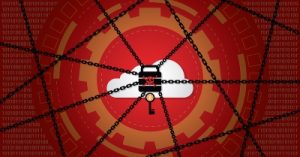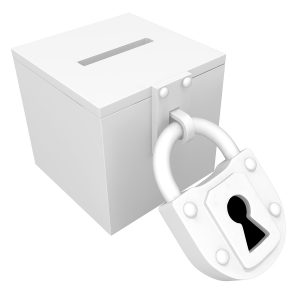
The first known ransomware attack occurred in 1989 and was targeted at the healthcare industry. The attention and attractiveness of healthcare organizations to ransomware hackers have not waned in the decades since. In fact, attacks are growing by 70-100 percent year over year. In 2023, there were over 460 ransomware attacks impacting U.S. health organizations, making it the most targeted industry.
This year, a major attack delayed prescription fillings and led to cash flow issues at facilities across the country. The American Healthcare Association said that 94% of hospitals have reported financial impact from the incident, with some losing upward of $1 billion per day in revenues. Continue reading






